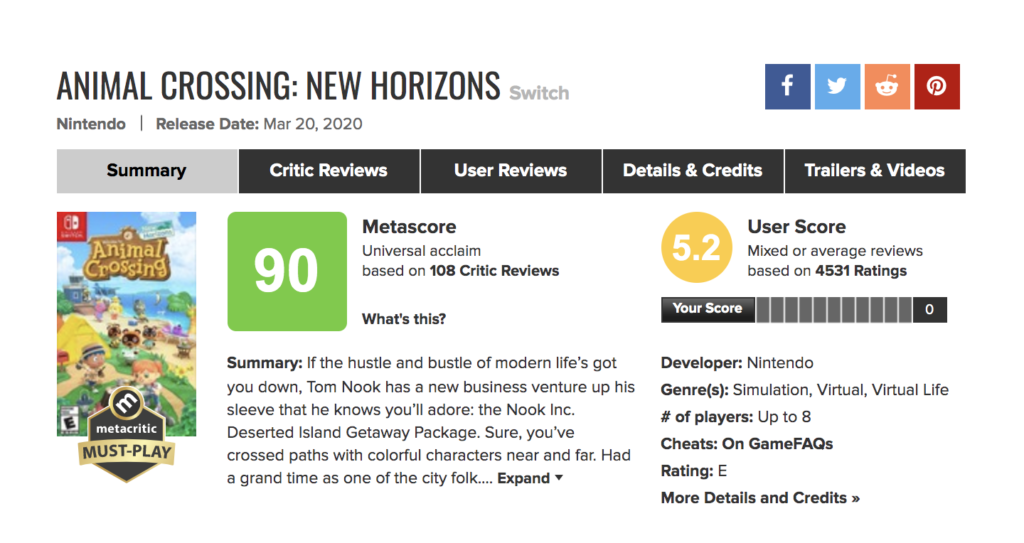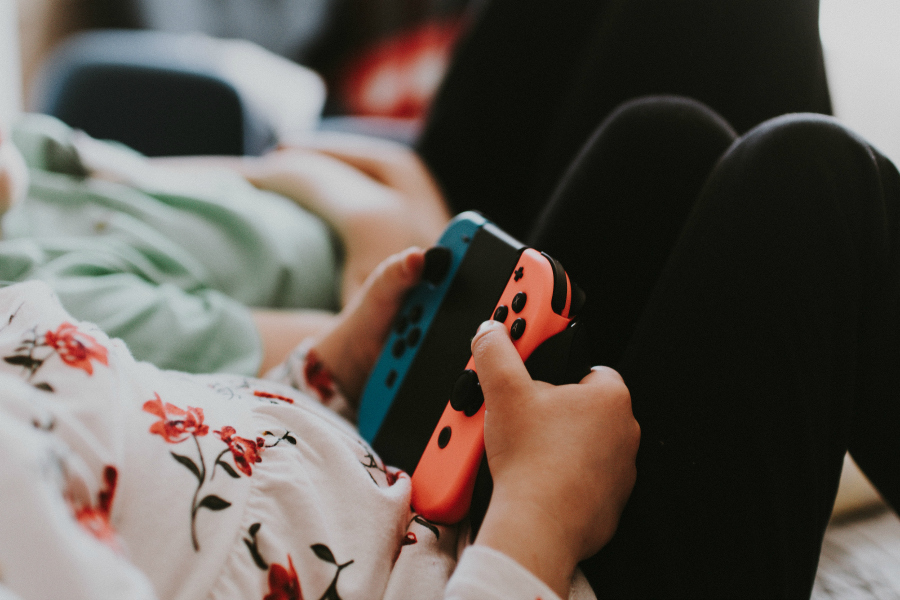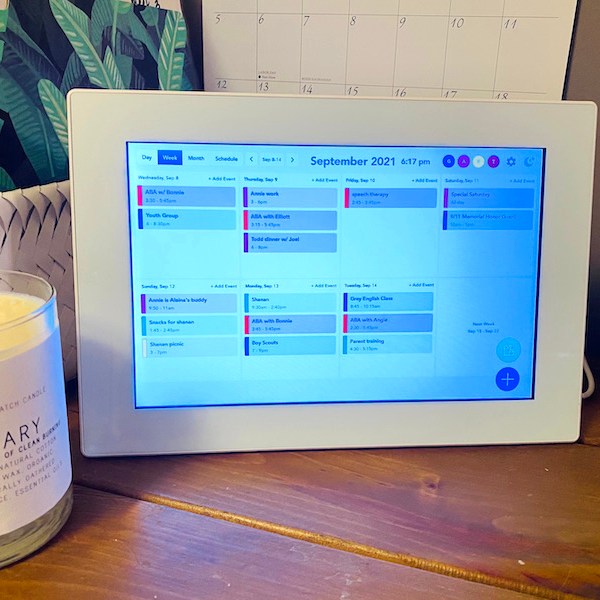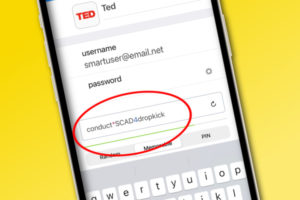With lots of extra time on their hands, my kids are spending a lot of that playing video games. And based on some of the discussions in our Out Tech Your Kids Facebook Group, I’m not the only parent who’s experiencing the same thing. But how do you know if your kids are spending too much time on video games?
We spoke with our go-to video gaming expert Dr. Rachel Kowert to get an answer to this question, along with other video gaming questions we have (and we think other parents might too). She’s done extensive research into the social impact of online games, and is currently Research Director for Take This, a non-profit organization that provides mental health information and resources to the gaming community and industry. And, you might have heard her chat about this topic on a past Spawned episode.
Here’s hoping her answers help you as much as they helped us.
Related: Why do kids like watching other people play video games?
Cool Mom Tech: We’re hearing from a lot of parents that kids are playing a lot of video games. So before we get to the negative stuff, can you remind us of the benefits of playing?
Dr. Rachel Kowert: Research has found games to be fantastic tools for learning, particularly for cognitive skills such as visio-spatial skills, problem solving, and multitasking. Games are also fantastic tools for social connection, especially now that we are physically distanced from each other. Socializing with with others is key to our psychological well-being and associated with a whole range of physical benefits, including increased immune system, improved mood, and a reduced sense of loneliness.
It is also important to remember that games are fun because they are playful, and play in and of itself is associated with releasing of endorphins and reduced stress and depression. If you are interested in learning more about video games and their potential benefits, there are a range of resources available at TakeThis.org, where I am the Research Director.
Cool Mom Tech: With that in mind, how much is too much? What signs should we be looking for?
Dr. Rachel Kowert: There is no question that some people use games problematically. It is important to look out for whether or not someone is experiencing negative repercussions due to play in every area of their lives – socially, psychologically, physically, occupationally, etc. – over an extended period of time. It is important to note that this is not the same as someone simply playing a lot. Someone can log a lot of game time playing their favorite game with friends but still maintain a healthy life balance. If you have concerns about someone you know and their use of digital games, it is important to seek the advice of a licensed professional.
Related: Kids and video games – What parents need to know
Cool Mom Tech: We’re finding that many games involve battles, like Overwatch and Fortnite, and can’t just be turned off because game play cannot be saved, or they’re playing on a team. What are some ways parents can communicate and support the interaction kids are getting while gaming, but also trying to maintain a bit of a schedule?
Dr. Rachel Kowert: Creating transparent boundaries is a great way to make sure everyone is on the same page. Before the console, computer, or tablet gets switched on, there should be clear guidelines that games are a privilege and there are boundaries and restrictions around their use. For example, you can play until X time, X amount of minutes, or X amount of rounds. Making sure your children acknowledge these boundaries will reduce the likelihood of “battles” later on.

Cool Mom Tech: Any great YouTube video channels or resources for us to read up on what’s popular right now so we can stay informed.
Dr. Rachel Kowert: Metacritic (above) is a great place to start if you are looking to learn more about new releases and get a sense of what kind of content you can expect in any particular game. Another great resource is live streams. If you want to see what the graphics or gameplay of any particular game is like before purchasing it, seek out a live stream of someone playing it on a platform like Mixer. Just type in the game you are looking for and you will likely find multiple streamers playing that game at any given time.
Cool Mom Tech: This is the perfect time, with so many parents at home, to learn to game. Any good starter games for parents that can get us used to the controls that maybe our kids will like too?
Dr. Rachel Kowert: My first suggestion would be to ask your children what they like to play and see if they can “show you the ropes” so to speak. Having the chance to engage with your children in the virtual worlds that they love provides a fantastic opportunity us as parents to show interest in our children’s interests and perhaps learn something new. In terms of specific games, classics like Minecraft and the latest iteration of Animal Crossing: New Horizons are two fantastic titles that require minimal amount of skill or time commitment to learn and play and are fun for all ages. If you are looking for a little more of a friendly competition, why not give Mario Kart or Super Smash Bros. a try?

Cool Mom Tech: If families don’t have gaming consoles yet but are thinking, what’s your recommendation for best starting game console?
Dr. Rachel Kowert: For families with younger children, the Nintendo Switch would be a great choice. They have tons of games suitable for the younger ages and many classic games that are great for the whole family. However, since the COVID-19 quarantine the Nintendo Switch has been sold out just about everywhere. So, if you can’t get your hands on a Switch, I suggest trying out Steam. Steam is a digital platform and marketplace for video games available on PC and Mac. Just be sure and check out the age ratings and content warnings for any game you or your child may want to try out.
Cool Mom Tech is a reward style affiliate. Top Photo by Kelly Sikkema on Unsplash













